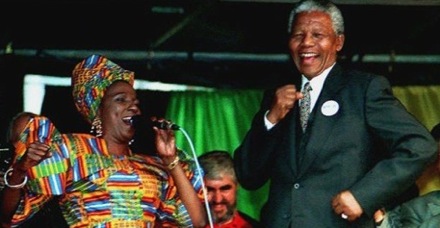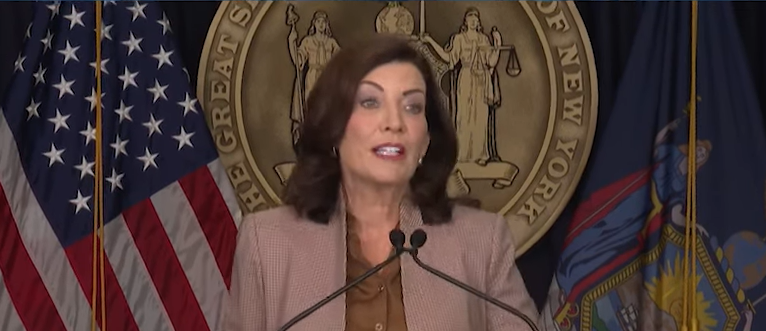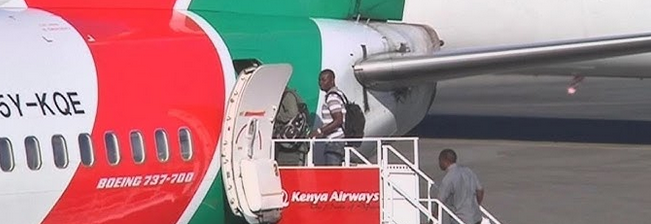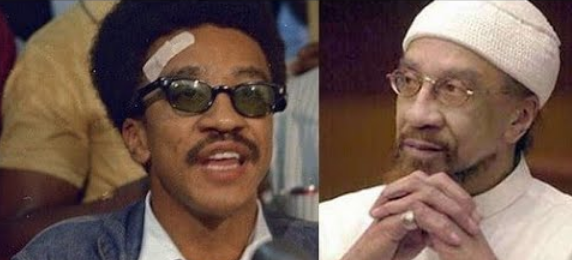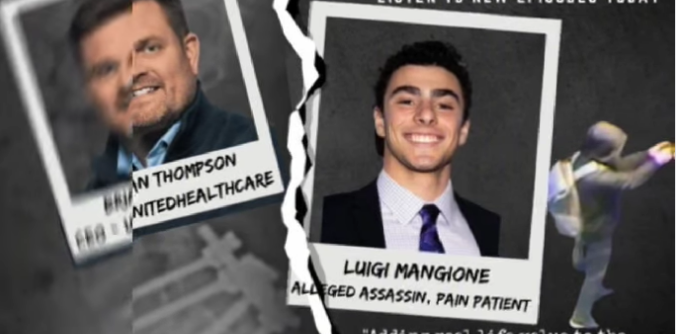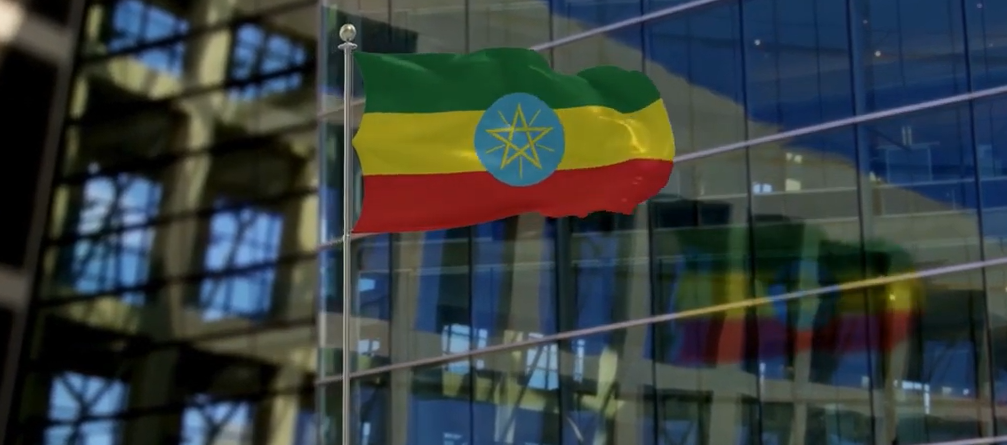Mandela shows his moves
[Tribute]
I had never heard of Nelson Mandela, of South Africa, of apartheid, until I was an 18-year-old college freshman at Rutgers University in the mid-1980s. At that time I had no interest in politics, in community, and “democracy” was a very strange and elusive word to me, something we had been taught in American schools, but which felt like it belonged to the people in our textbooks, forever frozen in history. But there was something happening at Rutgers, and on campuses everywhere, called “the anti-apartheid movement,” which was bringing together students of different races and cultures, in a way our country had not seen, I read and was told, since the civil rights movement of the 1960s.
Except this time the struggle for freedom was in a foreign land, a magical but terribly oppressive and violent place called South Africa, where the white minority had been ruling the black, “colored” and Indian majorities for many decades. And there was a leader, locked away with others in prison cells, in locales with names like Robben Island, for daring to oppose the white power structure of South Africa. I was both transformed and liberated as I learned about this man Mandela, as I joined the student protest and building takeover at my school directly challenging Rutgers’ ties to corporations invested in the apartheid regime. I absorbed everything I could on Mandela, his speeches, his life story, the facts and mythologies. I was changed forever. Gone was the desire for a career merely to make money, replaced by a determination to live a life of service to others.
Mandela’s influence on me lapsed between the time of my school’s protests and my early 20-something life. But it was re-ignited when I watched the global broadcast when he was released, after 27 long years, on Feb. 11, 1990, and walked hand-in-hand with his then-wife Winnie Mandela from Victor Verster Prison. Iconic and transformational leaders like Dr. King and Bobby Kennedy were long gone. In Mandela we had a living and breathing example not simply of struggles for freedom and democracy, but also of someone who was willing and able to be a bridge-builder for humanity, like Gandhi, like Jesus Christ.
But let’s also be clear: While Mandela is today widely viewed as a man of peace, he did advocate for self-defense and armed resistance against the brutal apartheid regime when he was first sent to jail in the early 1960s, and again in his first speech after walking away from that prison. Mandela was clear, just as America’s founding fathers were, that freedom was not free.
Regardless, what captured my imagination and what will be one of Mandela’s enduring gifts to humanity was his bottomless capacity to forgive his white oppressors and his openness to working with them for a new South Africa. Nothing in my lifetime prepared me for this post-prison Mandela. Nothing. The absence of bitterness from Mandela’s words and demeanor were extraordinary to me, given that he lost 27 years of his life to prison.
In my still very young American and African-American mind of the 1990s this was the true revolution for humankind, to see each other as sisters and brothers, to be able to have honest conversations about the past, by way of South Africa’s truth and reconciliation commission, so that there could be healing, yes, and an opportunity to move forward as one people.
This Mandela impacted my work greatly, and I went from being someone focused mostly on race issues to an activist and speaker who began, however difficultly, to embrace the lives and challenges of people everywhere no matter their race, gender, class, religion, ability or sexual orientation. In Mandela I saw a living and breathing example of what was possible, as a human being, as a man, as a leader, if only we could dig deeper into the reservoir of our spirits and find the capacity to love each other, to know each other, to get along with each other.
Sports was certainly central to Mandela’s life. In his childhood he loved to run. Some of my favorite photos of him are the ones of Mandela in workout gear with boxing gloves on. While in prison he was held in isolation for much of his time. The famous stories are of Mandela watching the Robben Island soccer league, or hearing the retellings after a wall was built in front of his window.
Mandela would see sports as a way to unify South Africa into the “Rainbow Nation” his fellow South African freedom fighter Desmond Tutu called for once he was freed and eventually became South Africa’s first black president of the post-apartheid era.
The 1995 Rugby World Cup, the 1996 African Cup of Nations in soccer, the 2003 Cricket World Cup and then the big one, the 2010 FIFA World Cup, were all played on South African soil. Those sporting events advanced the idea that if people could play and root together, then maybe, just maybe, people would acknowledge the evil of separating and dissing each other because of skin color.
Nelson Mandela is gone now, and I think about my own work here in America, of our first black president, Barack Obama, of how much race relations have changed in my nation because of sports just as sports dynamics affected Mandela’s South Africa. But I also think about the ugly divides that still exist in my America, on our planet, of the still unequal and very violent South Africa that Mandela leaves behind. So much progress and yet so much more work to be done.
Finally, with profound sadness, we say goodbye to you, Mr. Nelson Mandela. I know the best way to honor you, Madiba, in your death, is for all of us to make a renewed commitment to come together, even where there are differences, for the sake of humanity. And if we can simply embody a fraction of the capacity for love, grace and unity that you possessed for nearly a century on this Earth, then our lives will be as victorious as yours.
Kevin Powell is an activist, public speaker, and author or editor of 11 books, including “Barack Obama, Ronald Reagan, and The Ghost of Dr. King: Blogs and Essays.” He is also the president of BK Nation, a new national and multicultural organization focused on civic engagement, leadership training, and volunteerism. Email him at [email protected] or follow him on Twitter @kevin_powell
